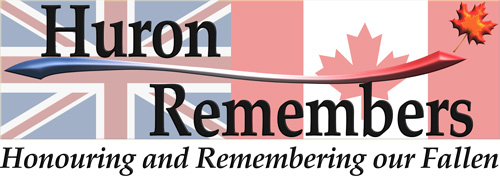THE MENIN GATE MEMORIAL TO THE MISSING
The Menin Gate Memorial to the Missing is located in Ypres in Belgium. It is dedicated to the Commonwealth Soldiers of World War I who were killed in the Ypres Salient and have no known grave. It is located at the eastern exit of Ypres. This point was the starting point for the soldiers and one of the main roads that would take the soldiers to the front.


